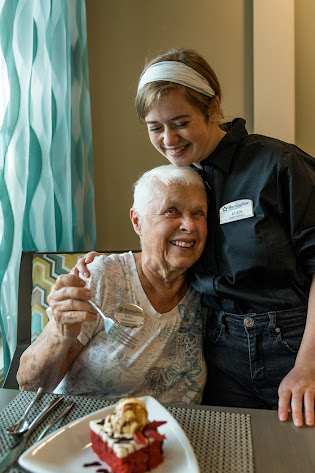Creating a Familiar Environment for Someone in Memory Care
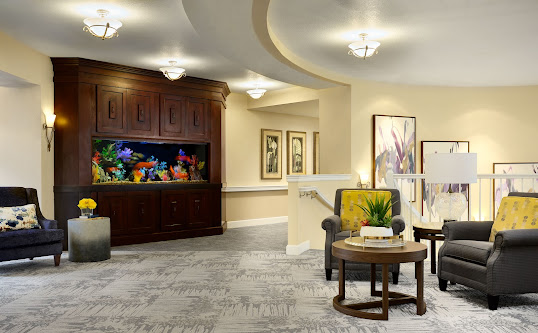
The transition to a senior living community is difficult for many seniors. Seniors transitioning to memory care face extra difficulties. A memory loss diagnosis greatly inhibits a senior's ability to communicate in the same ways they once did. Time feels warped and the day-to-day can often feel confusing and unreliable. While memory care is necessary for many seniors, they may still struggle to get comfortable in their new surroundings. The following tips can help create a more familiar environment for seniors in memory care that eases stress and discomfort. How to Personalize a Memory Care Space Many memory care neighborhoods come mostly unfurnished in the expectation that residents and their families can personalize the rooms to their liking. This means you can bring some furniture, accents and beloved items to help your loved one feel more at home. Personalizing a memory care space takes some planning. First, you’ll want to considerably downsize your loved one’s possessions
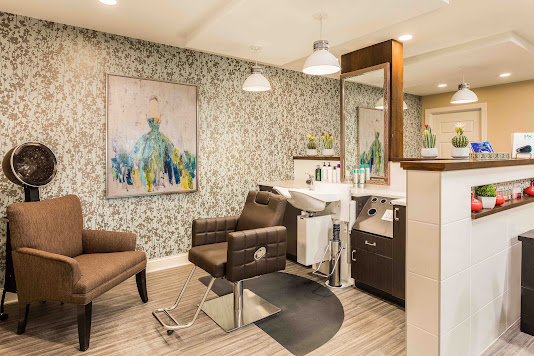
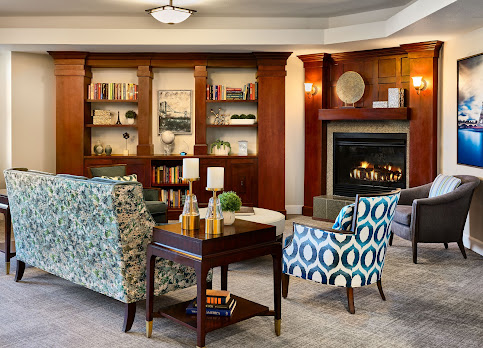

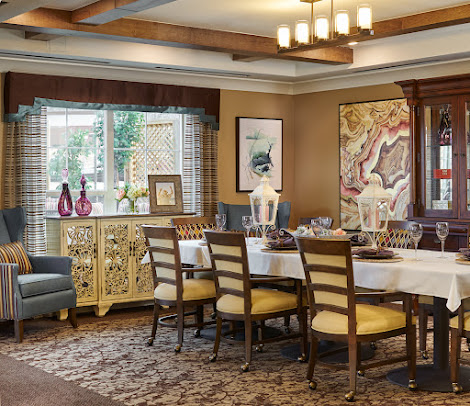

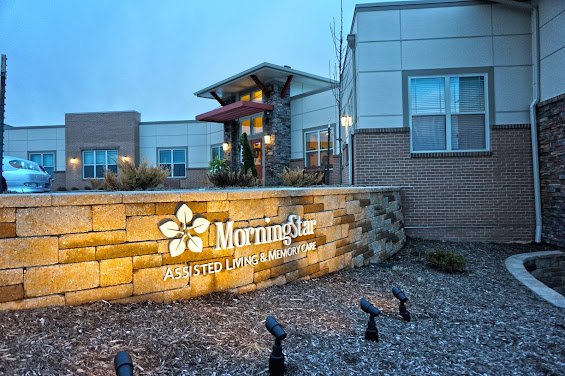

.jpg)

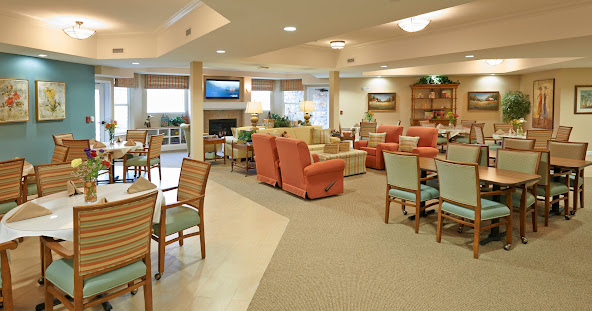
.jpg)
